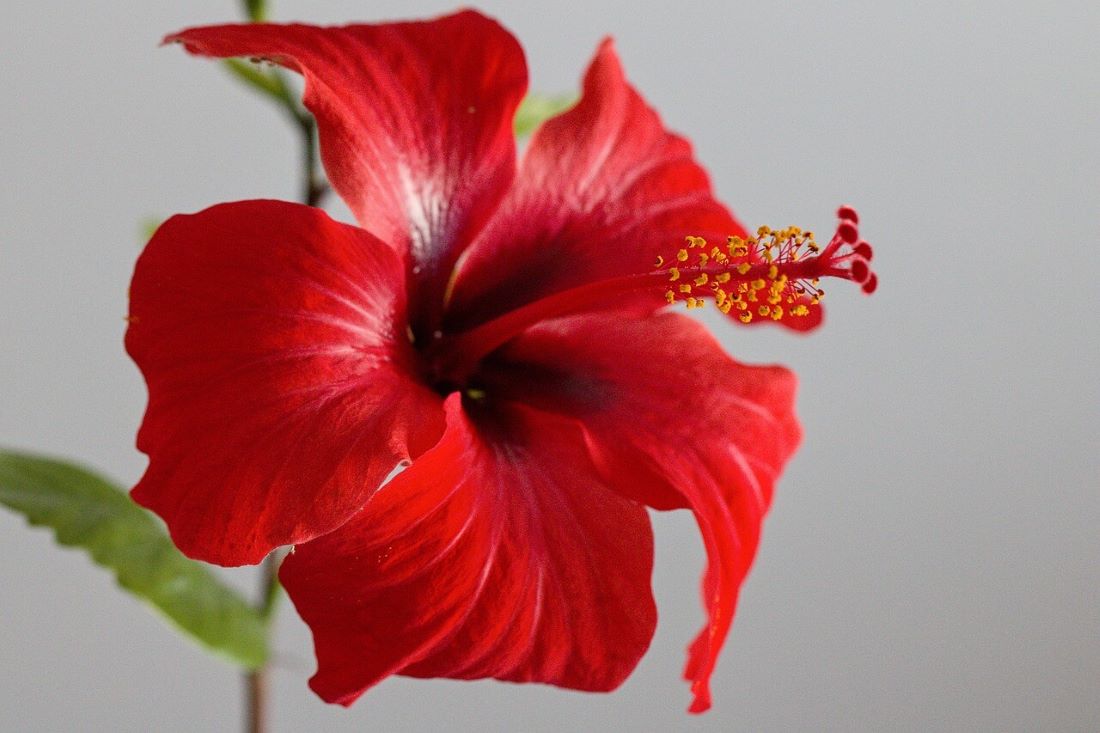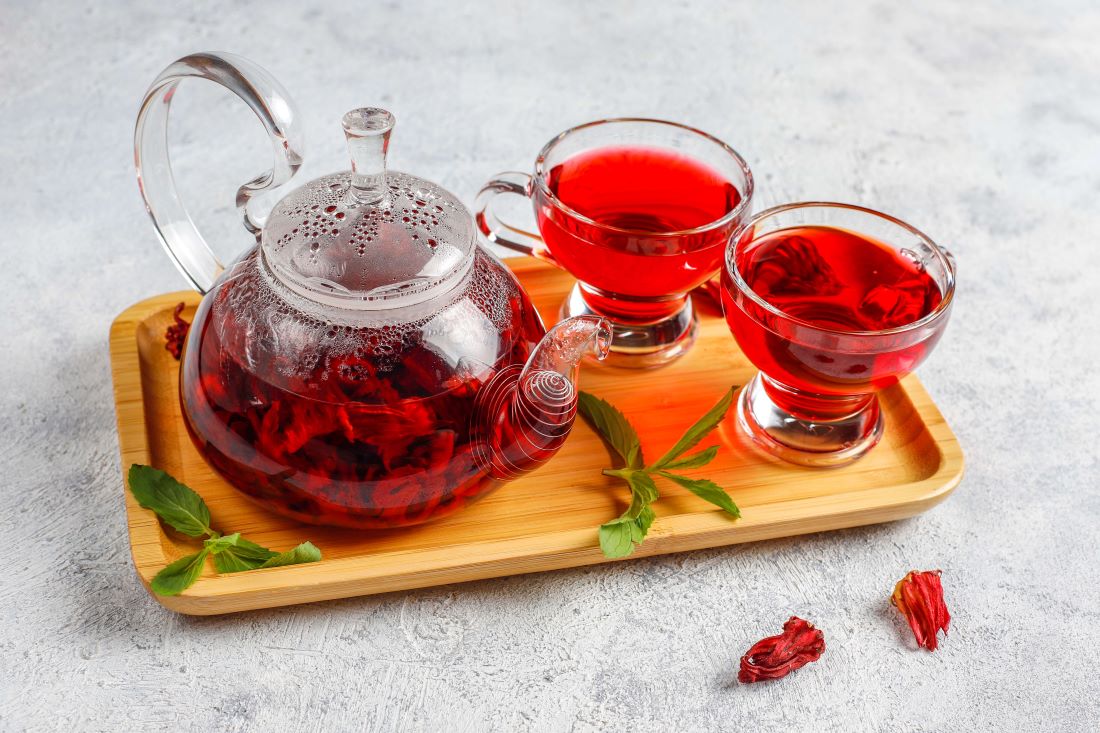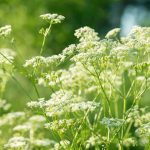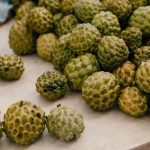Hibiscus tea helps losing weight and is good for your health
The hibiscus, botanically known as Hibiscus sabdariffa, is a tropical plant known for its bright red flowers. Native to Africa, it is a versatile plant that can be grown in tropical and subtropical climates.
In Greco-Roman and Egyptian mythology, the hibiscus represents the feminine universe directly related to the goddesses Aphrodite, Venus, and Isis. Many myths, legends, and traditions surround this flower, including in Tahiti, where young women identify their love status through the position of the hibiscus in their ears. According to this tradition, women who have placed the hibiscus in the corner of their right ear can find a partner. If not, they’ve already found him. The hibiscus flower is also used to offer to tourists as a gesture of welcome to the country.
In this article, we’ll explore the potential health benefits of drinking hibiscus tea.

Hibiscus tea
Its flowers, most commonly associated with decorative arrangements, are used to create an acidic and spicy tea, while the leaves and seeds are used in various herbal remedies. Its flowers, leaves, and roots have been used for centuries for food and medicinal purposes, particularly in African and Caribbean cultures. It is commonly used naturally or dehydrated in various culinary dishes, from sauces to fresh salads.
Hibiscus tea can help improve health in several ways, such as reducing blood pressure, lowering cholesterol, relieving sore throats and promoting weight loss.
The benefits of hibiscus
It’s a traditional drink that has been used for centuries to treat a variety of conditions. In African countries, it is used to reduce fever and treat heart disease. In Iran, it is also used to treat hypertension. Recent studies confirm that hibiscus tea can be a good ally against blood pressure and a weapon against cholesterol. But what are its objective benefits?
It’s rich in antioxidants and an ally for heart health, helping with high blood pressure and LDL cholesterol.
- It can help promote weight loss by increasing metabolism and suppressing appetite.
- It is rich in vitamins, such as B2, which helps with skin, bone and hair health, and vitamin B1, which acts on the functioning of the central nervous system. Vitamin C is essential for the immune system.
- It is rich in minerals such as potassium, calcium, phosphorus and magnesium, as well as anthocyanins and flavonoids.
- It helps reduce blood sugar levels by acting as a pancreatic and intestinal enzyme inhibitor.
- It has diuretic, antimicrobial and antibacterial properties, which help prevent urinary infections, fight bacteria and stimulate urine production.
- It has no caffeine or calories, making it ideal to drink at any time of the day.
- It is associated with a reduction in free radical levels and an improvement in the lipid profile.
- It contributes to good digestion and reduces abdominal swelling through its purifying action.
- It also has benefits for cognitive, renal and intestinal function.

How to prepare hibiscus tea
There are a few different ways to prepare hibiscus tea. The simplest is to dilute 1 teaspoon of dried hibiscus leaves in 400ml of boiling water. Leave for 5 minutes and strain.
It can be drunk hot or cold, with honey or sweeteners, up to 3 times a day.
To aid digestion, drink a cup before or after meals, or sip it throughout the day to promote hydration.
You can also add hibiscus petals to your favourite smoothies and drinks for a refreshing touch or to add some colour.
Hibiscus tea is a versatile and delicious drink that offers a wide variety of potential health benefits. With its rich history, scientific backing and vibrant colour, hibiscus tea is an excellent choice for anyone looking for a natural way to improve their well-being.
Try it in its simplest form or as a delicious infusion.








Sorry, the comment form is closed at this time.